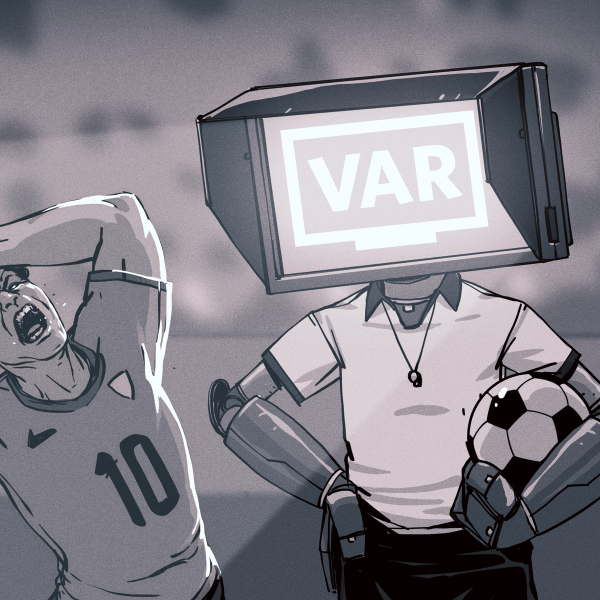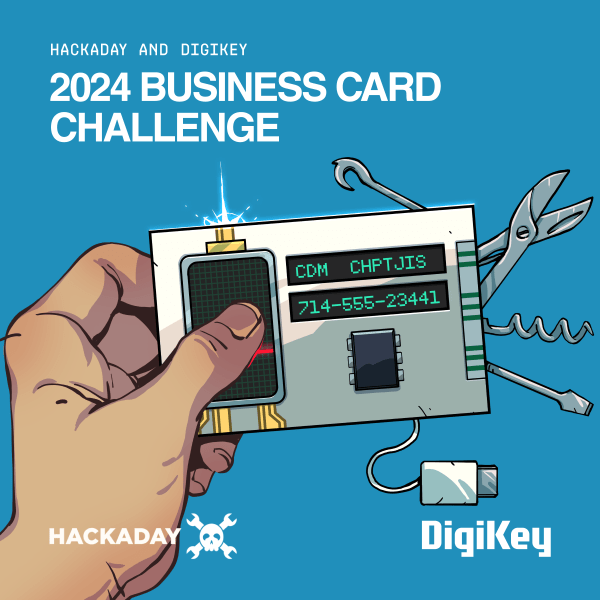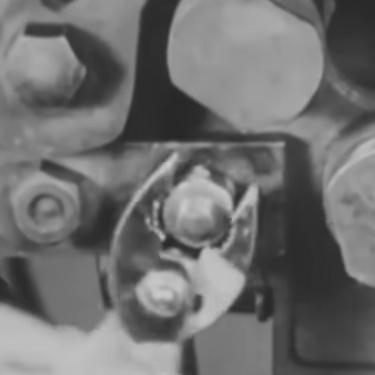It’s 9AM on any given Sunday. You can be found in your usual spot – knee-deep in wires and circuit boards. The neighbor’s barking dog doesn’t grab your attention as you pry the cover off of a cell phone, but the rustling of leaves by the back door does. Seconds later, several heavily armed SWAT officers bust in and storm your garage. You don’t have time to think as they throw your down on the cold, hard concrete floor. You’re gripped by a sharp stinging pain as one of the officers puts his knee in the square of your back. Seconds later, you’re back on your feet being lead to the back of an awaiting police cruiser. You catch the gaze of one of your neighbors and wonder what they might be thinking as your inner voice squeaks: “What did I do wrong?”
The answer to this question would come soon enough. Your crime – hacking your dad’s tractor.
“That’s like saying locking up books will inspire kids to be innovative writers, because they won’t be tempted to copy passages from a Hemingway novel.”
-Kyle Wiens
John Deere is trying to convince the Copyright Office that farmers don’t really own the tractors they buy from them. They argue that the computer code that runs the systems is not for sale, and that purchasers of the hardware are simply receiving “an implied license for the life of the vehicle to operate the vehicle.”
In order to modify or “hack” any type of software, you have to copy it first. Companies don’t like the copying thing, so many put locks in place to prevent this. But because hackers are hackers, we can easily get past their childish attempts to keep code and information out of our hands. So now they want to make it illegal. John Deere is arguing that if it is legal for hackers to copy and modify their software, that it could lead to farmers listening to pirated music while plowing a corn field. No I am not making this up — dig into this 25-page facepalm-fest (PDF) written by John Deere and you’ll be just as outraged.
Trying to keep hackers out using the DMCA act is not new. Many companies argue that locking hackers out helps to spur innovation. When in fact the opposite is true. What about 3D printers, drones, VR headsets…all from us! The Copyright Office, after holding a hearing and reading comments, will make a decision in July on whether John Deere’s argument has any merit.
Let us know what you think about all this. Can hackers and the free market learn to live in harmony? We just want to fix our tractor!
Thanks to [Malachi] for the tip!

















I got a JD thermometer on the porch of my vacation home. I’m going there in two months and one the first things I’m doing is torching that mofo.
Where is the place to submit comments on this for consideration by the copyright office?
Edit:
Here’s some links (though none form the copyright office):
https://dmca.digitalrighttorepair.org/
https://www.govtrack.us/congress/bills/114/hr1587
https://www.govtrack.us/congress/bills/114/hr862
http://www.digitalrighttorepair.org/fair-repair/
https://www.eff.org/issues/dmca
http://iptlc.usc.edu/
http://www.digitalrighttorepair.org/
Owner deserve to archive original ROM codes. Logic implies updates are inevitably needed to correct bugs. Well, same reasoning implies nothing is perfect. The original code worked well enough initially, and owners should have freedom to rollback to a known version of code that may have had bugs but was suitable, and in some cases perhaps better than the new code. Letting the tractor wait several days for anything is unacceptable, and law of the land should not criminalize copying what is easily copied for honest intentions.
I would like to point out the Personal computer revolution was also developed by hackers, ie Steve Wozniak with the Apple I and Apple II. I’d also like to point out that WiFi used WEP until WiFi dongles got into the hands of hackers years later, and presto WPA is born. How about Linux? How about GNU? How about Android and its success, all from the AOSP.
What’s the opposite? How about Microsoft’s Xbox One vs Sony’s PS4. Sony road this one out and didn’t change a damn thing of DRM, Microsoft was proposing the whole NSA worth of shit. PS4s are selling 10 to 1 Xbox One, and their nearly the same specs, and same backport compatibility. Some people are so greedy, the truth of reality is completely lost to them, where even a child is wiser.
Haven’t we already been through this with Apple?
http://www.wired.com/2010/07/feds-ok-iphone-jailbreaking/
https://motherboard.vice.com/en_us/article/why-american-farmers-are-hacking-their-tractors-with-ukrainian-firmware The next level in this war: Farmers getting cracked diagnostic software to furnish them the info they wanted in the first place.
While a bit extreme there is still a clear difference between hacking a machine and just getting it to run.